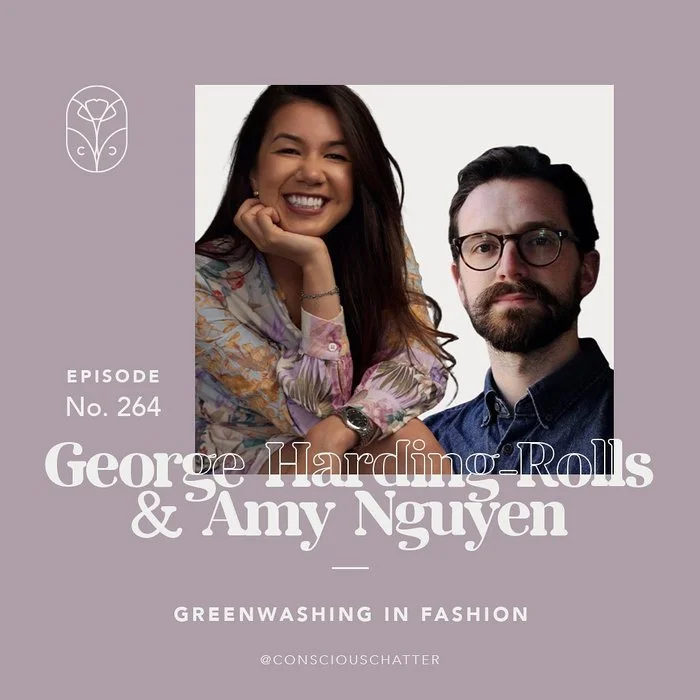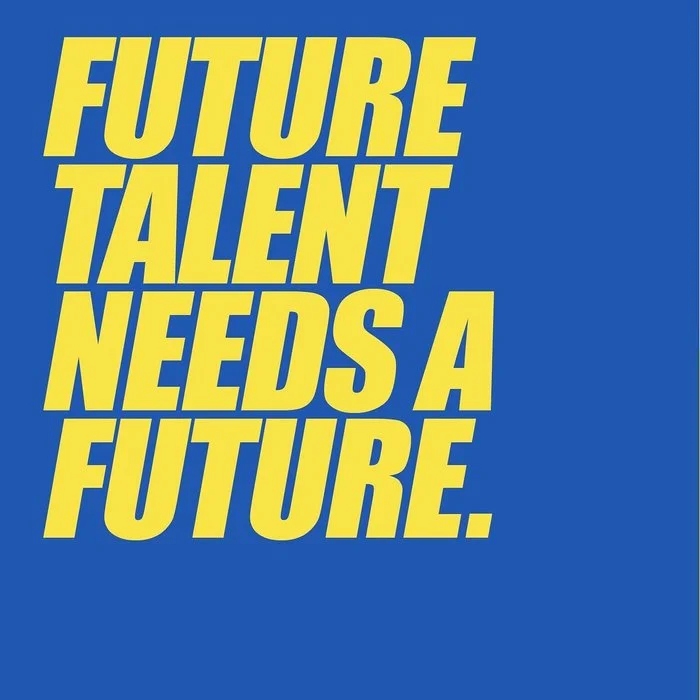The Titian Thread
The month in fashion, condensed.
Hi ,
Last week, Changing Markets came out with a report that has rattled the sustainable fashion landscape. 10 of the biggest certification bodies (generally seen as a tick of approval when found on a clothes label) are basically meaningless, ineffective, and contributing to — rather than preventing — greenwashing.
Changing Markets put it slightly less scathingly, but the general sentiment is: it’s all one big lie. Yikes. Bad news if you’re a brand relying on certifications to do the leg work for your sustainability claims. Bad news if you’re a conscious consumer who looks for these certifications when you shop. Extra bad news for OEKO-TEX, Textile Exchange, WRAP, The Higg Index, and the six others who have taken a massive hit to their credibility.
It poses the question: if we can’t trust certifications, what can we trust? Most experts will say that this is further proof that legislation is the only way to hold the industry accountable. But I’ve spoken to critics who believe that laws are all talk but no implementation. It's too early to say whether any major brand will be fined (a significant, lesson-learning amount of money) for breaking any incoming laws.
Whether the failures of certification bodies are intentional or not is another question. Auditing bodies (the groups that do the on-the-ground work in partnership with certifiers) have faced similar criticism in recent years for operating in the interests of brands, covering up bad behaviour rather than weeding it out. It just goes to show how convoluted and easily corrupted the fashion system is — brands really can buy their way in or out of anything.
It’s a depressing revelation, but perhaps not that surprising. No one regulates certifying bodies — they’re entirely self-managed. Putting our faith in a system that operates with zero accountability was our first mistake. Time will tell how certifying bodies recover from this. If you want to read the report, I've added it in my To-Do list below.
As always, I'd love to hear your thoughts. Hit me up with the reply button at the bottom of the newsletter.
Until next month,
Meg X
Stories I Wrote
How Should We Think About What We Pay For Clothes? for Fashionista.
Should we rethink how much we pay for our clothes? Fast fashion has warped our perception of what clothing really costs, and it’s estimated that only 3% goes to the garment workers who made our clothes. But just like death and taxes, inflation comes for us all. The cost of clothing is going up, thanks to supply chain issues and material scarcity, so we’ll be paying more at the checkout anyway. Shouldn’t we ensure that the money gets distributed more fairly along the supply chain?
Stories I didn’t write
Is There Such a Thing as an Ethical Business? by Sophie Benson for the Block. A follow on from Benson's story about ethical consumption a few months ago, I really enjoyed this investigation into the growth imperative built into fashion businesses.
For One Woman, Defending The Rights Of Garment Workers Is The Fight Of Her Life by Zoe Beaty for British Vogue. An interview with Kalpona Akter, a labour rights activist and founder of the Bangladesh Centre for Worker Solidarity.
Meet the 28 Women-Owned Brands Making Waves in Ethical Fashion by Diana Bunge for Good on You. "Fast fashion also disempowers women by promoting unrealistic beauty standards, lining the pockets of majority male C-Suites, encouraging excessive spending, and causing other environmental injustices. But there is an empowered entrepreneurial community of women committed to changing the fashion industry in their own unique, innovative ways."
Why Recycling Won’t Solve Fashion’s Sustainability Problem by Emily Chan for British Vogue. You've probably come across activewear or swimwear made from recycled materials (usually plastic water bottles), but as this story shows, clothing recycling is a flawed system.
Sustainability’s Biggest Sell? It’s Profitable by Mostafiz Uddin for the Daily Star. Brands drag their feet on sustainability because of the up-front investment costs, but Mostafiz argues that it's actually good for business.
‘They Took My World’: Fashion Giant Shein Accused Of Art Theft by Shanti Das for The Guardian. Wouldn't be my newsletter without slagging off Shein once a month, now would it?
How to Compost Your Clothes by Jyotika Bindra for EcoCult. Compostable is a marketing buzzword these days, but what does it actually mean? And can you compost your clothes at home?
Why Fashion’s Runway Protests Are Not Enough For Activists by Frances Solá-Santiago for Refinery29 Australia. "It’s not enough for brands to send political messages down the runway or to try and stage protest-cum-marketing extravaganzas of their own. Instead, activists are asking designers and brands to start taking their requests seriously, beyond clothing-based statements."
Quick Question: With No Industry Agreed-Upon Definition of Sustainability, is There Really Such a Thing as Greenwashing? by Sustainable Fashion Forum. I love the questions posed by Sustainable Fashion Forum, and this one is a real head-scratcher.
The To-Do List
In February, Changing Markets launched the website Greenwash.com to call out the fashion industry's loose relationship with facts. Amy Nguyen from Sustainable and Social & George Harding-Rolls from Changing Markets went on Conscious Chatter to discuss the new platform and the scale of fashion's greenwashing problem.
This month I discovered Bettter.Community, a non-profit that is supporting and platforming Ukrainian stylists, photographers and other creatives whose lives and careers have been torn apart by the war in Ukraine. You can support in various ways, including donating and commissioning!
You may think that certifications are a petty good indication that a fashion brand means business when it comes to sustainability. But a new Changing Markets report looking into the 10 biggest certifications bodies (Higg, WRAP, Oeko-Tex, Textile Exchange, and others) found that they're totally failing to fix fashion.
This Bill Could Make the Fashion Industry More Sustainable by VICE News.
Vice News covered the Fashion Sustainability Act, a new-ish bill that if passed would make brands that operate in New York with over $100 million in sales (i.e most major brands) map their supply chains, publish their findings, and pay garment workers living wages. Could be a game-changer!



